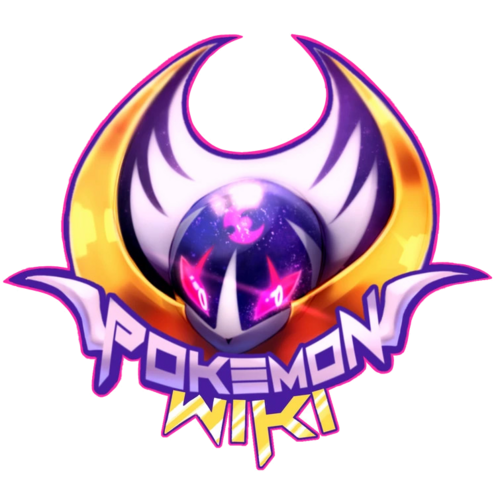
Logo of Pokémon the Series
Pokémon the Series, int. PS, known as Pocket Monsters (Japanese: ポケットモンスター, Hepburn: Poketto Monsutaa) in Japan and Pocket Monsters (Japanese: 포켓몬스터, Hepburn: Poket Monseuteo) in South Korea, int. PM, or simply Pokémon, is an ongoing animated show that follows the adventures of the series' main protagonist, Ash Ketchum, and his friends (Ash's Pikachu). The series is produced by OLM Inc. (formerly Oriental Light & Magic Inc.) in Japan. It premiered on TV Tokyo in Japan on April 1, 1997, and it later was dubbed in English in North America on September 7, 1998 and international television by 4Kids Entertainment until Season 8, when the dub transferred to TPCi from Season 9. It is divided into series and storyline arcs, which are then dubbed into seasons, which are divided and aired according to the English opening of each episode (with the exception of Seasons 1 through 6, which were divided and aired by 52 episode segments). Since Pokémon Horizons: The Series, Liko and Roy have been the main dual protagonists.
There are also various films, including specials not included in the official count and a number of spin-off series. As it is based on the Pokémon game series, the anime deals with a lot of the same material such as locations, Pokémon battles, Gym Leaders, and Badges.
It is also officially referred to by The Pokémon Company International as "the Pokémon animated series", "Pokémon TV series", "Pokémon animation" or "Pokémon cartoon".
Plot[]
Kanto and Orange Islands[]
Johto[]
Hoenn[]
Sinnoh[]
Unova[]
Kalos[]
Alola[]
All regions (Kanto to Galar)[]
All regions (Kanto to Paldea)[]
Episodes[]
Trivia[]
- As of 2010, Pokémon's the 4th longest-running animated series, behind The Simpsons, Arthur and South Park.
- In 2005, the series ranked 73rd in Channel 4's 100 Greatest Kid's TV Shows vote.
- As of Pokémon Journeys: The Series, the formula of defeating people with authority, such as Gym Leaders and Island Kahunas, changed. The series follows Ash's journey to meet Leon at the finals of the World Coronation Series with Ash winning.
Dub differences[]
- All of the Japanese opening and ending themes are replaced with all-new ones made for an international audience. International dubs based on the English dub generally translate and dub these openings. The footage for the English dub openings is generally taken from the Japanese themes. Also, the vast majority of English ending themes are replays or instrumental versions of the opening theme.
- The dub occasionally skips episodes deemed inappropriate for an international audience. These episodes then get skipped in the vast majority of countries that produce dubs translated from the English dub. They are still shown in Asian countries such as South Korea, China, Vietnam, and Thailand that produce dubs translated from the original Japanese version.
- The placing of cold openings in the dub is different from the original Japanese version. For example, during series that placed the opening theme first, followed by the first part of the episode and then the title card, for example, during Gold & Silver, in the English dub, the first part of the episode played first as the "cold opening", and then the opening theme, and then the title card.
- Nowadays, the cold opening comes first, followed by the opening theme and then the title card in both the Japanese version and dub.
- Background music is typically removed or replaced in the dub.
- The eyecatches are replaced. For example, the original has a segment called Dare da? (Who is it?) that is replaced by "Who's That Pokémon?". All pre-episode and post-episode segments like the Professor Oak ones and the Poké Problem from Sun & Moon are removed completely.
- In Asia, a few countries use the original Japanese version as the base of their own dub (for example, the Korean and Mandarin Chinese dubs) and therefore retain these segments.
- The English dub removes the next episode previews from every episode, cutting off every episode at the credits. Most dubs around the world translate and dub the English version of the series and therefore do not feature them either.
- In Asia, a few countries use the original Japanese version as the base of their own dub (for example, the Korean and Mandarin Chinese dubs) and therefore retain the previews and dub them.
| Category · Series and seasons · Who's That Pokémon? | |||||||
| Characters | |||||||
| Pokémon | |||||||
| Series |
| ||||||
| Notable people and organizations |
| ||||||
| Related |
| ||||||
| Anime | |||||||

